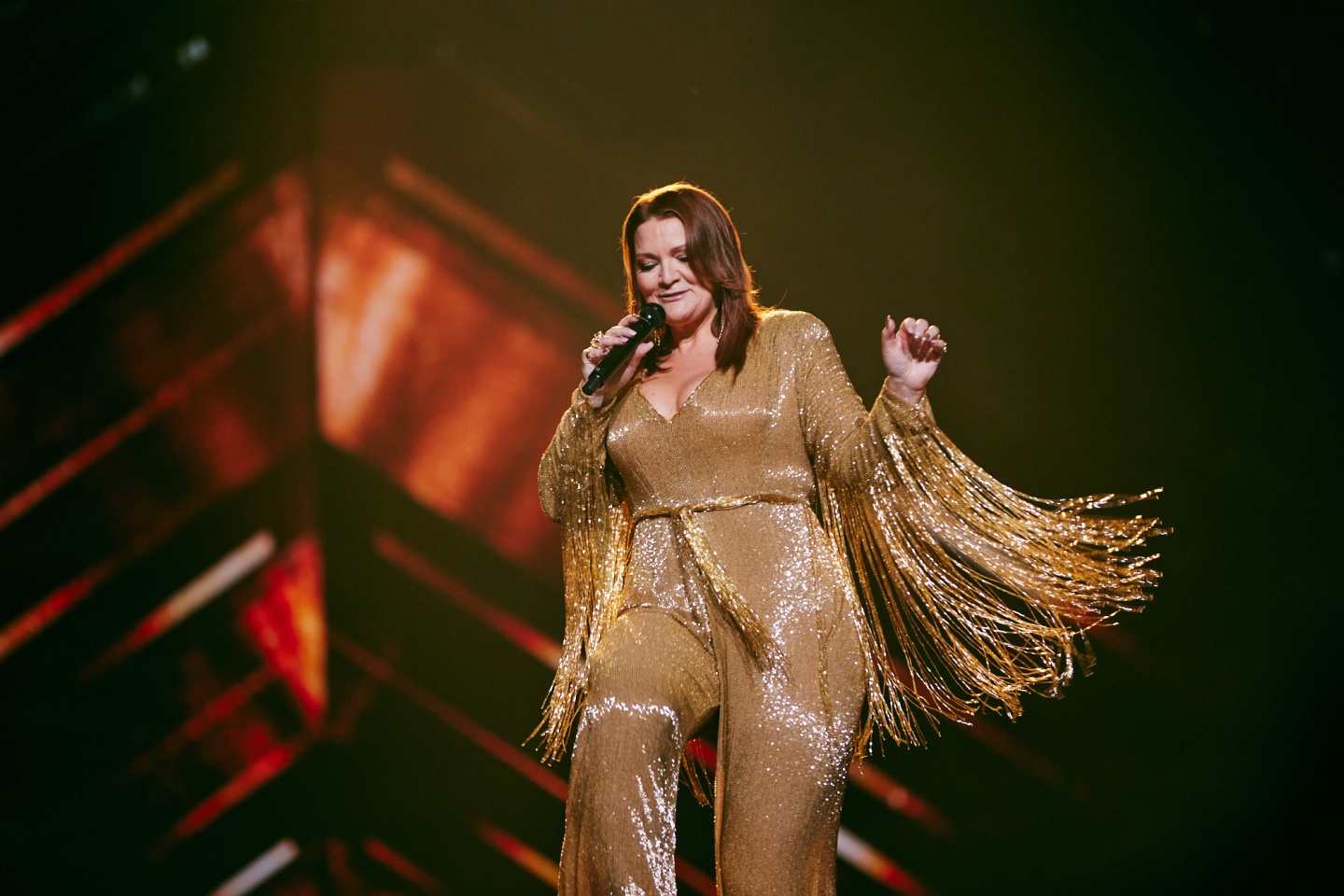RÚV, the Icelandic national broadcaster, has revealed the dates and format changes for Söngvakeppnin 2025.
Söngvakeppnin 2025 will once consist of two semi-finals and a final. The semi-finals will be held on February 8 and 15 and the final will take place on February 22. All three shows will take place in RVK Studios in Gufunes in northeastern Reykjavík and will be hosted by Benedikt Valsson, Guðrún Dís Emilsdóttir and Fannar Sveinsson.
From 110 submissions, ten songs will compete in Söngvakeppnin 2025. There are format changes in the semi-finals and final.
In each semi-final, three of the five competing songs will advance to the final. No wildcard will be awarded, meaning that six songs will compete in the final instead of five.
For the first time since 2013, there will be no superfinal round in the final. The final result will be decided by public voting (50%) and, for the first time ever, seven international juries (50%). The winner will represent Iceland at Eurovision 2025 in Basel.
Rúnar Freyr, Head of Delegation for Iceland, explained that international juries will be introduced in the final because they are used in Melodifestivalen, the Swedish selection for Eurovision, and in Eurovision itself.
“We are very excited to adopt the Swedish way with this new format and believe that it will be an even more exciting competition.”
Thomas Benstem and Selma Björnsdóttir will be the artistic directors of Söngvakeppnin 2025. Thomas Benstem has worked on Melodifestivalen and Eurovision. Selma represented Iceland at Eurovision 1999 and 2005 and was part of the artistic team for Söngvakeppnin 2025.
The Söngvakeppnin 2025 entries will be revealed on January 17. Tickets for all three shows will go on sale on January 21.
Hera Björk represented Iceland at Eurovision 2024 with “Scared of Heights”. She finished last in the first semi-final with 3 points, leaving Iceland out of the final for the second year in a row.
Image Source: EBU / Alma Bengtsson | Source: RÚV
Iceland debuted in the Eurovision Song Contest in 1986 and, aside from 2 years of relegation in 1998 and 2002, has participated every year since. The contest is incredibly popular in Iceland, regularly being one of the most-watched programs of the year. Iceland has yet to win the contest but has finished in 2nd on two occasions. In 1999, Selma missed out on victory in Jerusalem by 17 points, and in 2009 Yohanna became the most successful Icelandic entrant ever finishing 2nd in the final with the song “Is it True?”. She scored 218 points, yet still finished 169 points behind the runaway winner Norway.
Tags: Headline
